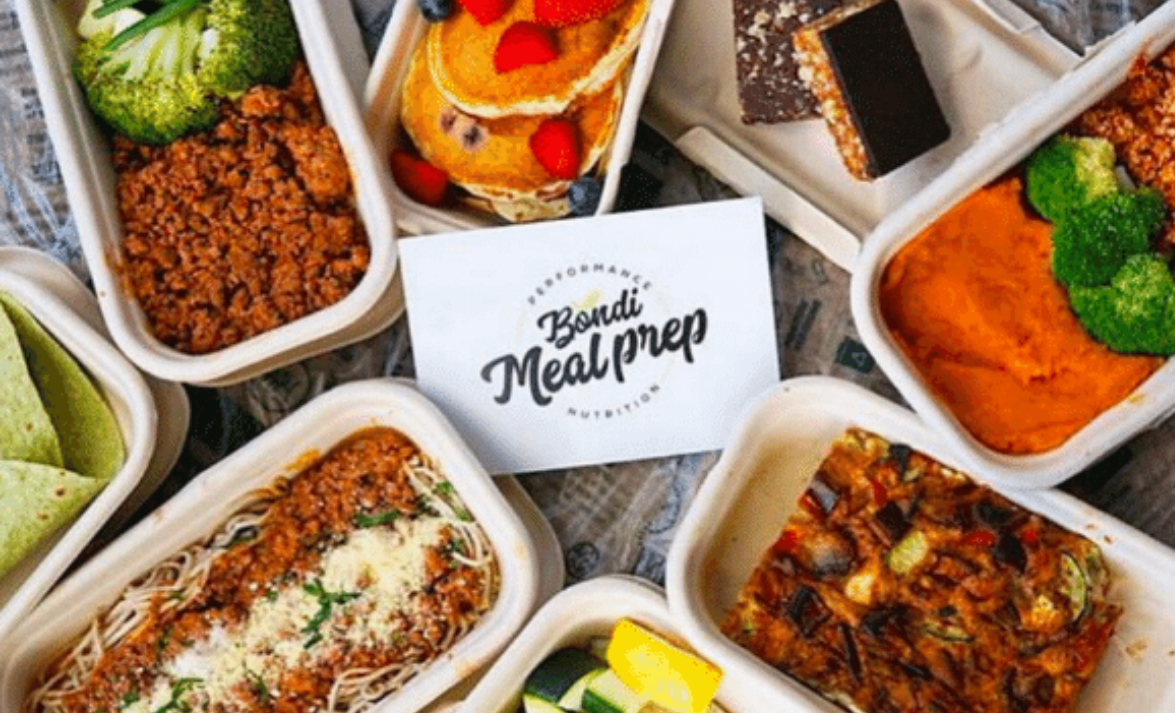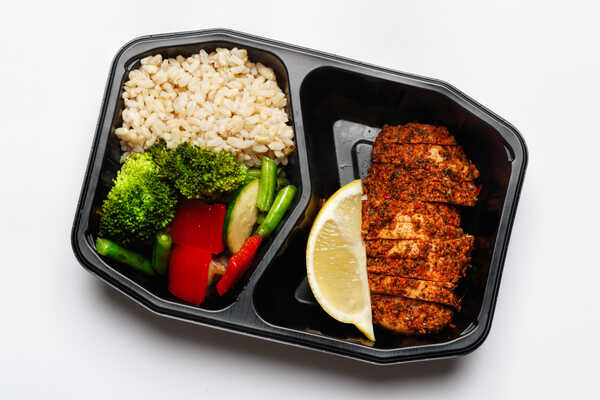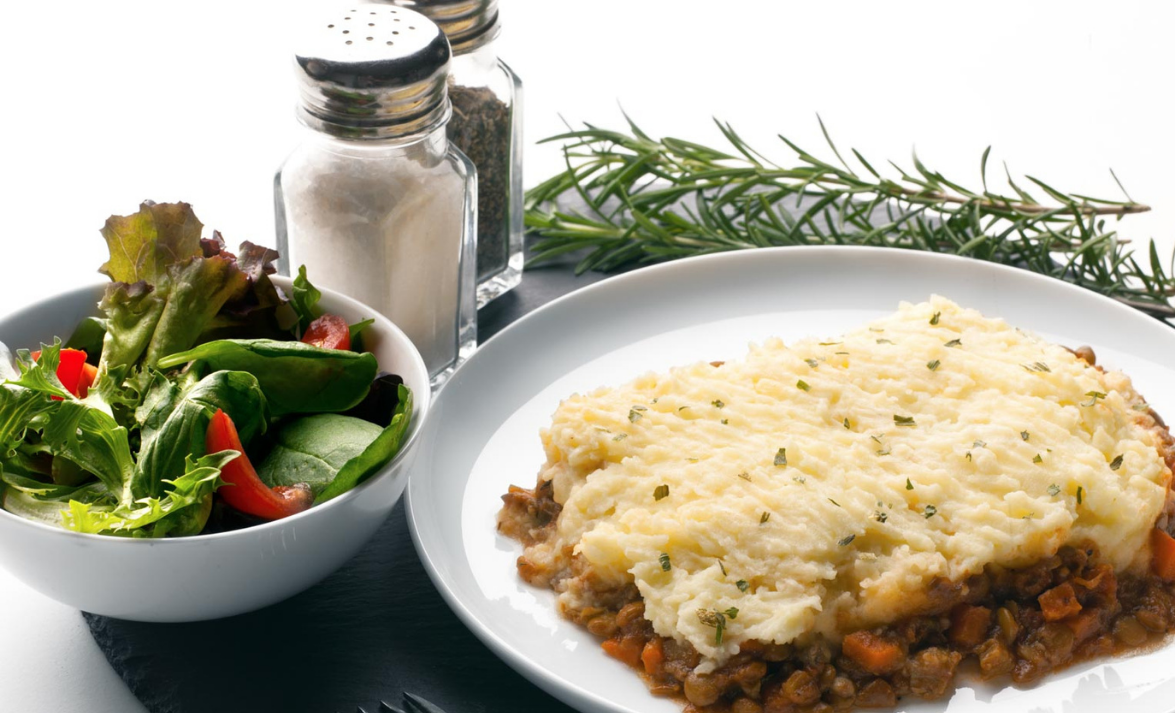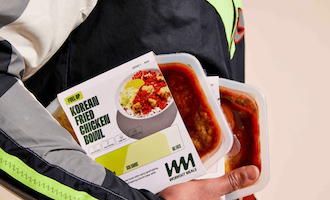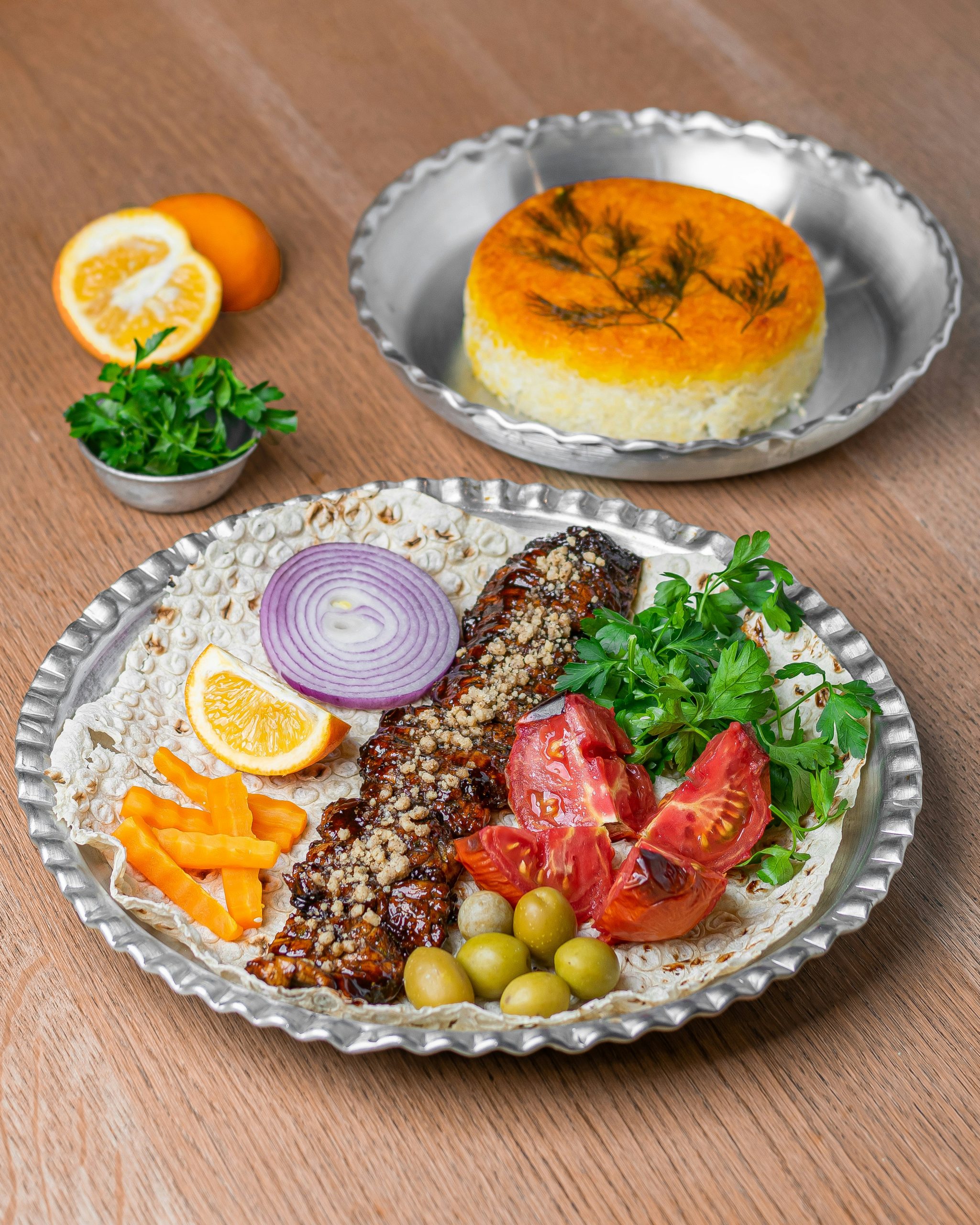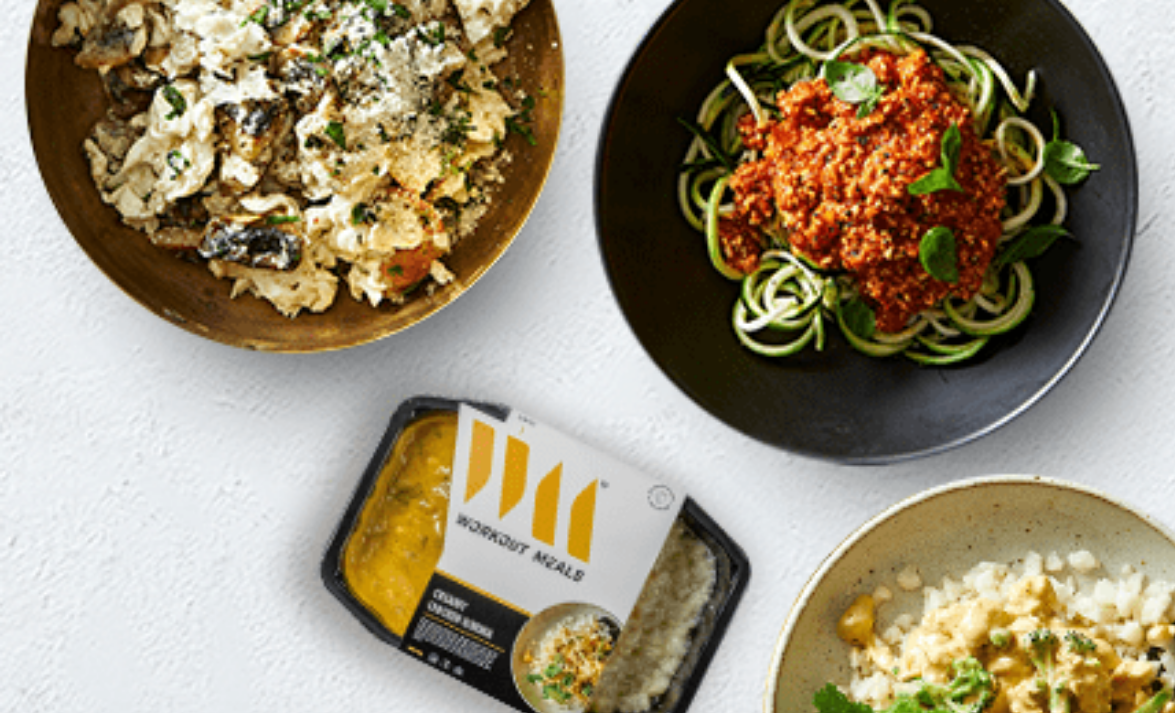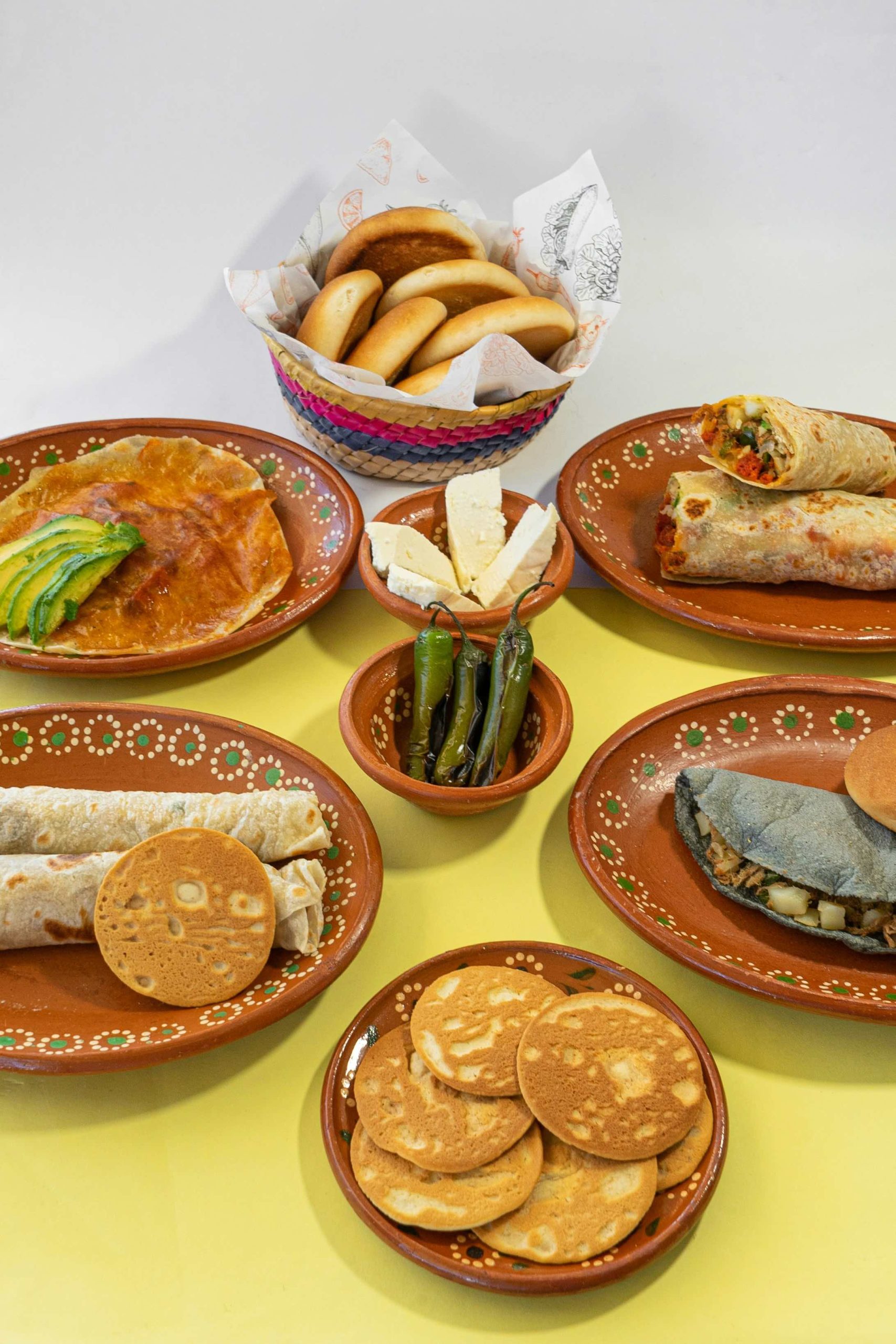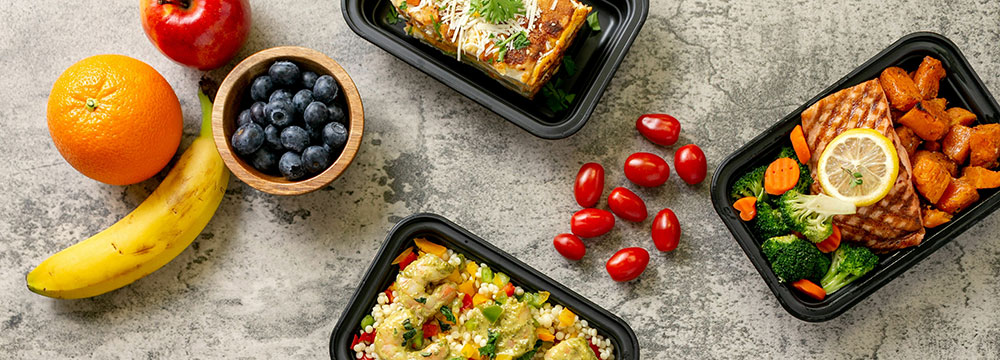- Meal Delivery
Shop by Category
TOP PROVIDERS
POPULAR SEARCHES
Meal Finder Tool

Use our meal finder quiz to find the best meal delivery service for you.
- Vitamin & Supplements
- Deals
- About
- Blog
Halal Meal Delivery Services
Halal Meal Delivery Services
There are a number of Halal meal delivery services in Australia, many of which highlight their Halal certification, range of meals, and delivery options across different states. Find and compare halal meal delivery plans and subscriptions across Australia today!
Get personalised meal recommendations
Compare Halal Meal Delivery Services
Advertiser Discolure Advertiser DiscolureGet 10% Off Your Order! Get Deal
Bondi Meal Prep uses Halal-certified proteins in their meals. However, it’s important to note that while the proteins are Halal-certified, …
NSW, VIC, ACT, QLD
$12.90/serve
Food4Fitness sources ingredients from Halal-certified suppliers, ensuring meals meet Islamic dietary requirements. However, their facility is not yet certified by …
NSW, VIC, ACT, QLD, SA, WA
$9.60/serve
The Good Meal Co offers a small range of delicious Halal-certified ready-made meals, ensuring compliance with Islamic dietary laws. Their …
NSW, VIC, ACT, QLD, SA, WA, TAS
$7.20/serve
Workout Meals offers Halal-certified meals, ensuring all ingredients and preparation methods comply with Islamic dietary laws. Their menu is designed …
NSW, VIC, ACT, QLD, SA, TAS
$10.95/serve

